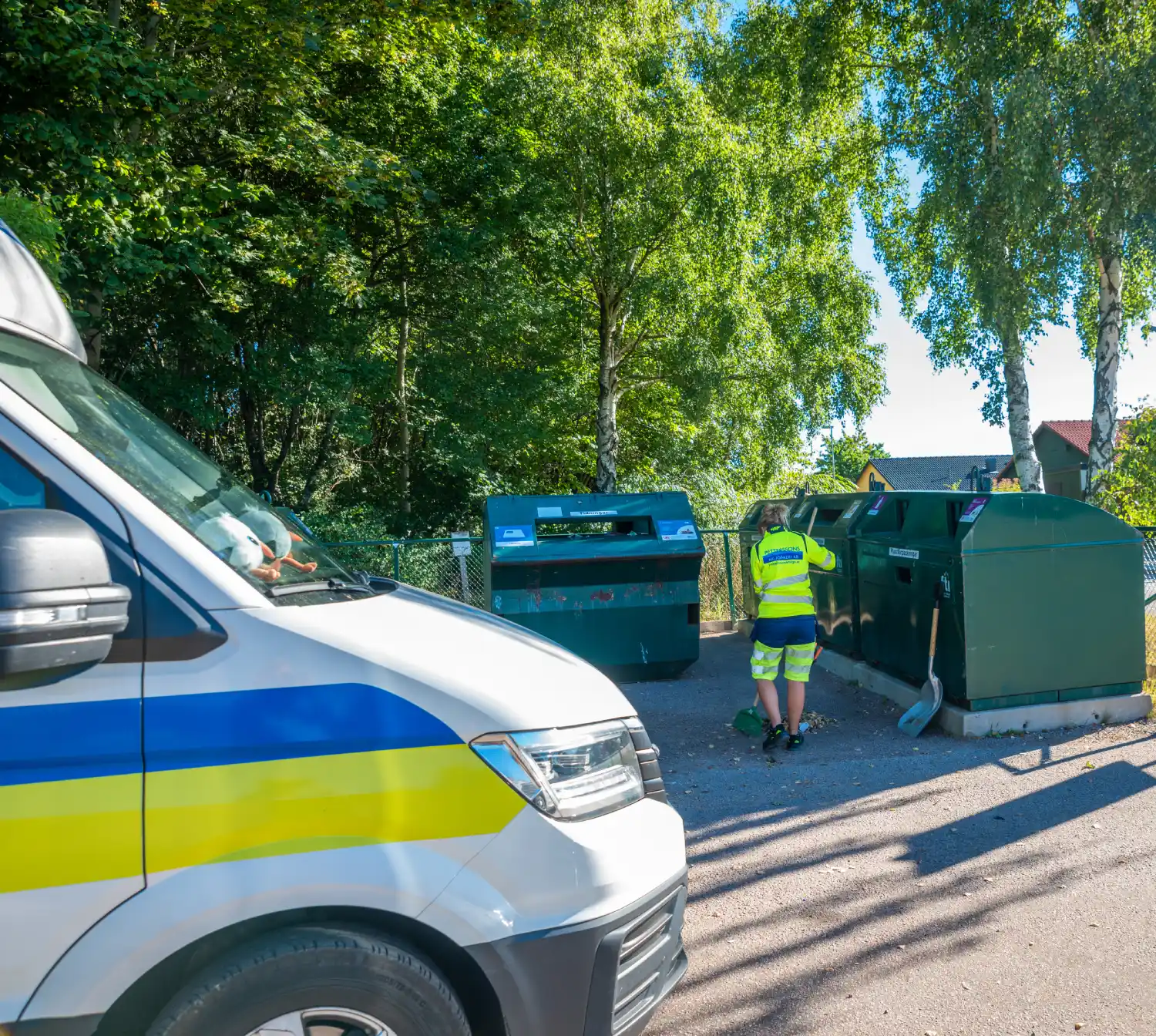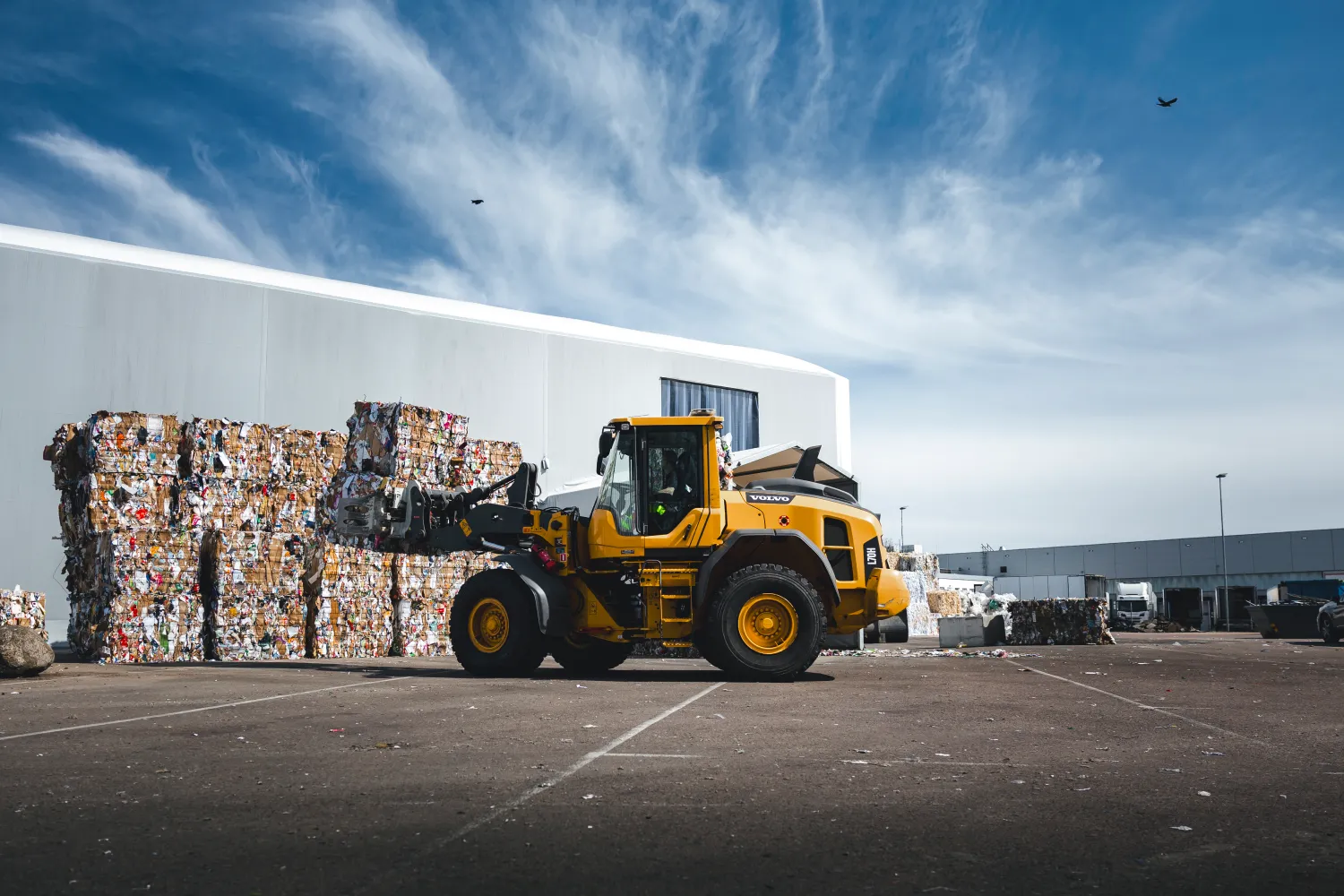How Sweden is Paving the Way for a Circular Economy
How Sweden is Paving the Way for a Circular Economy
Blog Article
Sweden has been a leader in sustainable methods, and their Recycling (Återvinning) journey is nothing lacking remarkable. From revolutionary waste management programs to a nationwide ethnic change, Sweden has altered just how it handles waste. The nation has turned trash into prize by maximizing recycling attempts and harnessing waste as a valuable resource. This process not just minimizes environmental influence but additionally contributes to Sweden's ambitious green energy goals.

Primary Recycling Costs
Sweden provides one of many highest recycling charges on the planet, with approximately 99% of home spend being recycled or repurposed. The united states is rolling out a innovative waste organizing process that makes it simple for citizens to split up recyclables, ensuring small waste ends up in landfills. This achievement isn't caused by an individual plan but instead a comprehensive national energy, including an effective infrastructure and the active participation of Swedish residents.
Waste-to-Energy Invention
Among Sweden's most impressive methods in waste administration is its waste-to-energy (WTE) model. As opposed to sending spend to landfills, Sweden burns continuing spend to make energy in the proper execution of heat and electricity. This technique records for approximately 50% of the country's spend, and the power produced powers domiciles, corporations, and also whole cities. The WTE product not just reduces landfill waste but additionally somewhat reduces Sweden's reliance on fossil fuels, aiming with the nation's sustainability goals.
Lengthy Company Duty (EPR)
A vital component of Sweden's recycling success may be the implementation of Lengthy Producer Duty (EPR). That policy requires makers to manage the recycling of their products and services and packaging. By moving the responsibility to producers, Sweden has somewhat paid down presentation spend and incentivized the development of more sustainable products. EPR in addition has resulted in larger recycling prices, particularly in industries like technology, presentation, and textiles.
Public Involvement and Education
The Swedish government areas a solid focus on training its people about the importance of recycling. Public understanding campaigns inspire visitors to undertake responsible consumption behaviors, such as reducing waste and recycling effectively. Colleges, media sites, and local governments work together to advertise environmental stewardship, ensuring that recycling is part of daily life for Swedes of all ages.
Future Innovations
As Sweden remains its recycling trip, the united states is discovering new technologies to help expand increase waste management.

Conclusion
Sweden's recycling trip has made garbage in to treasure, showing that spend can be a valuable reference when handled responsibly. Through large recycling prices, waste-to-energy invention, and policies like Extensive Company Obligation, Sweden has set an international example for sustainable waste management. With continued advancement and a tradition of environmental understanding, Sweden is positioned to remain at the lead of the worldwide recycling action, showing that a circular economy is not just possible—it's the future. Report this page